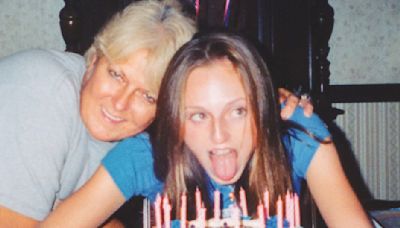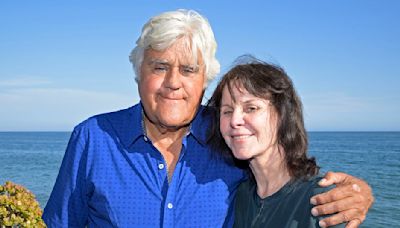Search results
Feb 13, 2024 · Dementia is a term used to describe a group of symptoms affecting memory, thinking and social abilities. In people who have dementia, the symptoms interfere with their daily lives. Dementia isn't one specific disease. Several diseases can cause dementia. Dementia generally involves memory loss.
Dec 8, 2022 · Dementia is the loss of cognitive functioning — thinking, remembering, and reasoning — to such an extent that it interferes with a person's daily life and activities. Some people with dementia cannot control their emotions, and their personalities may change.
Dementia is a general term for loss of memory and other thinking abilities severe enough to interfere with daily life. Learn early signs, symptoms and more. Alzheimer's is a type of dementia that causes problems with memory, thinking and behavior.
People also ask
Is dementia a disease?
What is Alzheimer's & dementia?
Is dementia a neurodegenerative disease?
Is dementia always a result of a particular disease process?
Dementia is a description of the state of a person’s mental function and not a specific disease. Dementia is an “umbrella category” describing mental decline that’s severe enough to interfere with daily living. There are many underlying causes of dementia, including Alzheimer’s disease and Parkinson’s disease.
Mar 15, 2023 · Key facts. Currently more than 55 million people have dementia worldwide, over 60% of whom live in low-and middle-income countries. Every year, there are nearly 10 million new cases. Dementia results from a variety of diseases and injuries that affect the brain. Alzheimer disease is the most common form of dementia and may contribute to 60–70 ...
Dementia is a syndrome associated with many neurodegenerative diseases (most commonly Alzheimer's), which is characterized by a general decline in cognitive abilities that impacts a person's ability to perform everyday activities. This typically involves problems with memory, thinking, behavior, and motor control.





